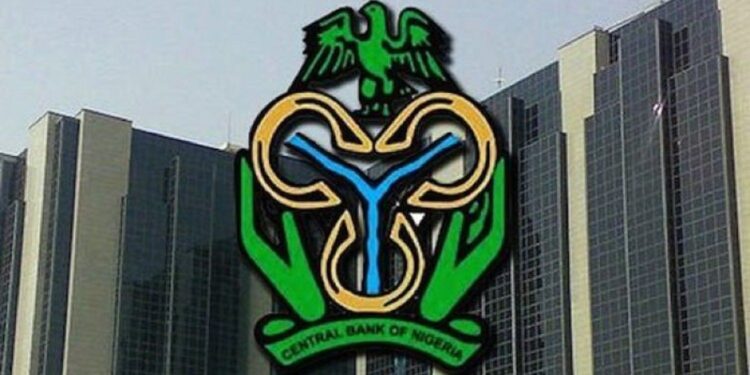The Department of State Services (DSS) has implicated several Central Bank of Nigeria (CBN) employees in the alleged misappropriation of public funds from the Anchor Borrowers’ Programme (ABP), an agricultural funding initiative established by the federal government under former President Muhammadu Buhari. The DSS outlined its findings in a counter-affidavit responding to a lawsuit filed by Ansar Technology Nigeria Ltd, one of the programme’s participating companies.
The DSS accused CBN staff of collaborating with private firms to bypass established guidelines and facilitate unauthorized access to funds meant for agricultural development. According to the DSS, these funds were provided under the ABP scheme, which was designed to support smallholder farmers but was instead exploited through corrupt practices.
Plaintiffs’ Position
Ansar Technology, represented by its counsel, Godwin Chigbu, filed a lawsuit challenging the DSS’s authority to investigate the matter. The company argued that the DSS had overstepped its mandate by involving itself in what they described as a civil matter related to loan repayment, not a criminal offense. Ansar’s management claims that the loan, approved by Keystone Bank under the ABP, could not be repaid due to unforeseen circumstances, including insecurity and banditry in Zamfara and Jigawa States, which disrupted their farming operations.
Ansar further contended that Keystone Bank and the insurer, Veritas Kapital Assurance, should bear responsibility for the loan, as the farm losses were covered under an insurance policy. However, disputes arose over the responsibility for repayment, prompting Ansar to take legal action.
DSS’s Allegations
The DSS, in its defense, asserted that the investigation was initiated as part of its mandate to detect and prevent economic crimes. According to the DSS, its preliminary findings revealed irregularities, including the intentional override of programme guidelines by CBN staff and participating financial institutions (PFIs). These actions allowed companies like Ansar to access loans for farms in insecure regions, with no intention of repaying the funds.
The DSS further alleged that some companies, including Ansar, acted as conduits for the embezzlement of public funds in collaboration with CBN officials. The agency maintained that its investigation was focused on safeguarding Nigeria’s economic security and preventing further misappropriation of government funds.
Wider Investigation
The DSS stated that its investigation is part of a broader effort involving other agencies, including the Economic and Financial Crimes Commission (EFCC), Nigerian Financial Intelligence Unit (NFIU), and the Independent Corrupt Practices Commission (ICPC). The joint committee is examining multiple cases of mismanagement within the ABP, implicating both financial institutions and beneficiaries.
According to the DSS, the investigation is not limited to Ansar Technology but includes several other entities and individuals who have allegedly exploited the programme for personal gain. The DSS argued that these activities posed a significant threat to Nigeria’s economic policies, particularly in the area of food security.
CBN Response
Attempts to obtain a comment from the Central Bank of Nigeria’s Corporate Communications Department were unsuccessful, as the bank stated that the matter is still under judicial review.
Background on the ABP
The Anchor Borrowers’ Programme was launched in 2015 to create a linkage between smallholder farmers and agricultural businesses, known as anchors, to boost food production and reduce Nigeria’s dependency on imports. However, recent reports have revealed significant challenges in the programme’s execution, leading to multiple investigations, including a probe by the House of Representatives into the alleged mismanagement of over N1.12 trillion.
As the case continues, the DSS investigation highlights the growing concerns about the misuse of public funds in Nigeria’s agricultural sector and the role of key institutions in enabling these financial irregularities. The case is scheduled to continue on November 20, 2024, with more revelations expected as the investigation unfolds.











